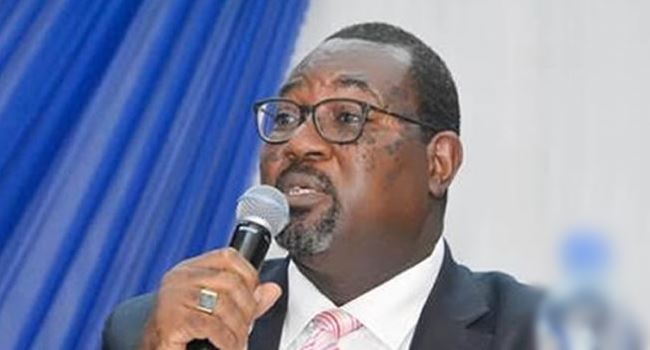Business
Petrol may sell higher, as marketers make case for price increase

The pump price of gasoline should be about N155 per litre, the Chairman of the Major Oil Marketers Association of Nigeria, Adetunji Oyebanji said on Tuesday.
Oyebanji, who also is the managing director of 11 Plc (formerly Mobil Oil Nigeria Plc), made the disclosure during an interview on CNBC Africa.
According to him, the under-recovery bill of N5.34 billion paid by the Nigerian National Petroleum Corporation in June had to do with the inventory losses that would have been incurred as a result of the reduction in prices at the time.
“However, going forward, we still note that there is still an element of subsidy because when you look at the prices that were posted for the month of August, for instance, NNPC is still retailing petrol at N145 when really the price should be closer to N155.
“If you look at the template the PPPRA has been using in setting prices, you will find that if you just apply even the official exchange rate and Platts for the month of August, prices at the pump should be significantly higher than where there are today.
“Obviously, something is not clear as to what really is happening. We suspect that there may be some issues to do with how margins are being applied to the various operators and the various subheadings within the template.
Read also: Nigeria will be net exporter of petrol in 2 years –DPR
“So, we will continue to work with government to try and get clarification on this subject but definitely, it is very clear that there is still an element of subsidy,” Oyebanji said.
The 11 PLC boss stated that marketers would not relent in engaging relevant government agencies, especially the Petroleum Products Pricing Regulatory Agency, in order to get an increase in their margins.
“The margins were changed in 2008; then they were not touched for another eight years, and we are trying to get an improvement of that because that will directly impact our bottom line.
“However, we believe that when subsidies are removed, and you allow for price liberalisation, which means that the market will fix prices at the pump, then that will allow full cost recovery by all the operators, and with that, it means that more investments will be attracted to the industry at all levels of the value chain,” he added.
Oyebanjo said subsidy removal and price liberalisation would translate to higher employment generation and bigger economy, further saying Nigeria could emerge the oil refinery hub of West and Central Africa and earn more foreign exchange if those policies were implemented.
Join the conversation
Support Ripples Nigeria, hold up solutions journalism
Balanced, fearless journalism driven by data comes at huge financial costs.
As a media platform, we hold leadership accountable and will not trade the right to press freedom and free speech for a piece of cake.
If you like what we do, and are ready to uphold solutions journalism, kindly donate to the Ripples Nigeria cause.
Your support would help to ensure that citizens and institutions continue to have free access to credible and reliable information for societal development.
























